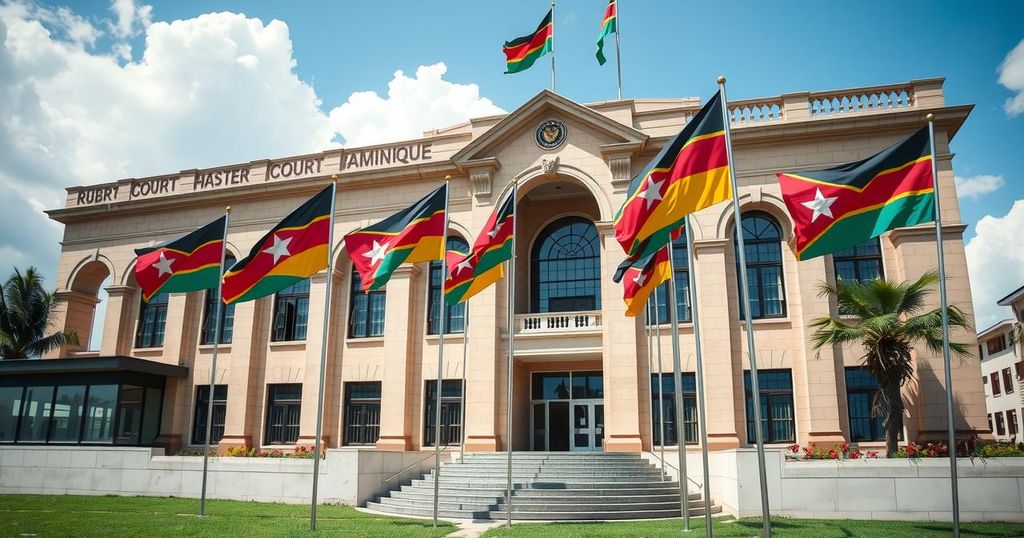Mozambique’s Constitutional Council confirmed Frelimo’s election victory, leading to massive protests and allegations of electoral fraud. The announcement of Daniel Chapo as president-elect resulted in violent clashes, claiming over 130 lives and disrupting foreign business operations. Opposition representatives condemned the ruling, claiming it disregarded the people’s will, further complicating the political climate in the country.
Mozambique’s top court, the Constitutional Council, affirmed the ruling party Frelimo’s victory in the controversial October elections amid widespread allegations of electoral fraud by opposition factions. This confirmation has heightened tensions, leading to some of the largest anti-government protests in the nation’s history, marked by violent clashes that have resulted in over 130 fatalities as reported by civil society observers. The court announced that Frelimo’s candidate, Daniel Chapo, had received approximately 65% of the votes, contrasting with the electoral commission’s earlier claim of over 70%. As the ruling sparked immediate unrest across the country, particularly in cities like Nacala-Porto and the capital Maputo, the scene was met with significant police presence, indicating a tense environment. Opposition representatives rebuked the electoral outcomes, asserting that the results undermined the will of the people and accused the government of perpetuating a cycle of electoral manipulation. The political climate has not only destabilized internal governance but also impacted economic forecasts, with an International Monetary Fund official projecting a pessimistic growth outlook for Mozambique in 2024.
The political landscape in Mozambique has been dominated by Frelimo since the country’s independence in 1975. The October election was marred by allegations of irregularities, provoking strong reactions from opposition groups. The Constitutional Council, tasked with overseeing the electoral process, has faced scrutiny for its rulings and the overall conduct of elections in Mozambique, raising questions about democratic integrity. Given the historical context of electoral disputes in the country, the aftermath of this election has led to unprecedented protests and violence, challenging both political stability and economic forecasts for the nation.
In summary, the Constitutional Council’s endorsement of Frelimo’s election victory has exacerbated tensions within Mozambique, evidencing a deep-seated crisis of confidence in the electoral process. The violent protests and loss of life highlight the urgency of political reform and dialogue among all stakeholders. Moreover, the economic implications of this unrest signal a need for a stable governance framework to improve the welfare of citizens and foster sustainable development in Mozambique.
Original Source: www.cnn.com







